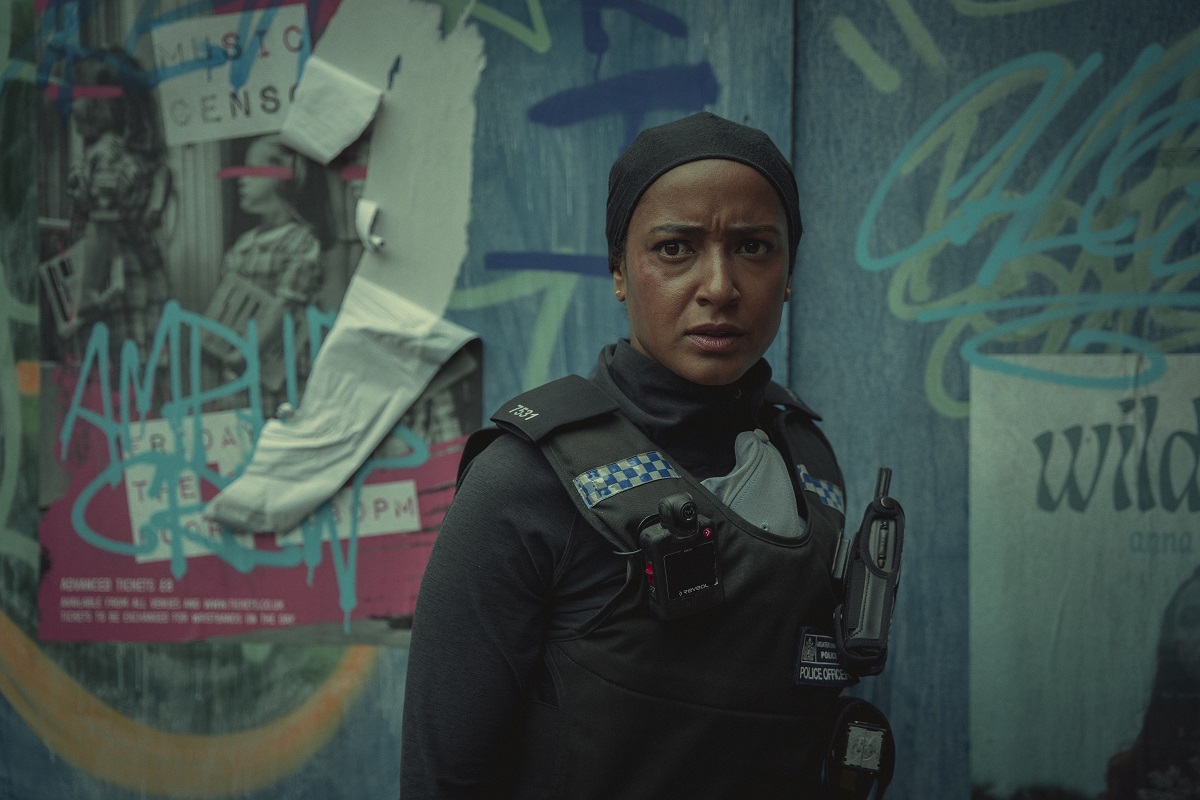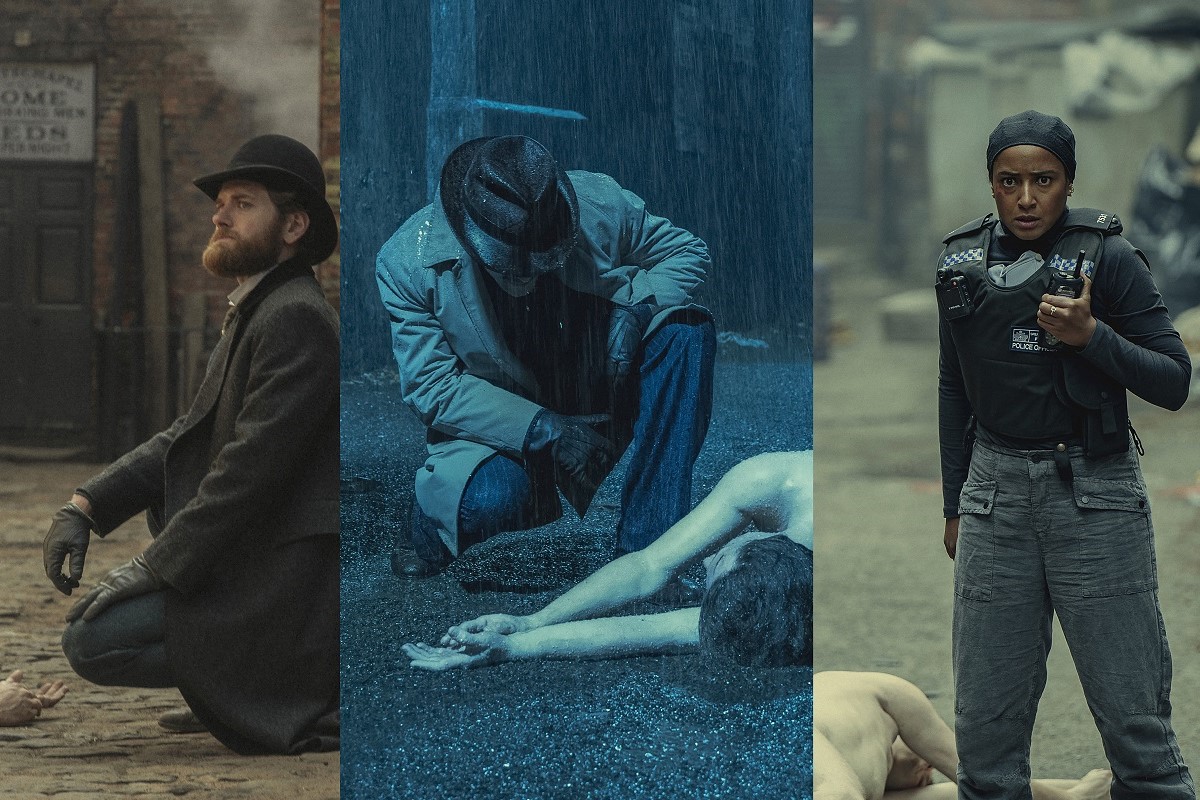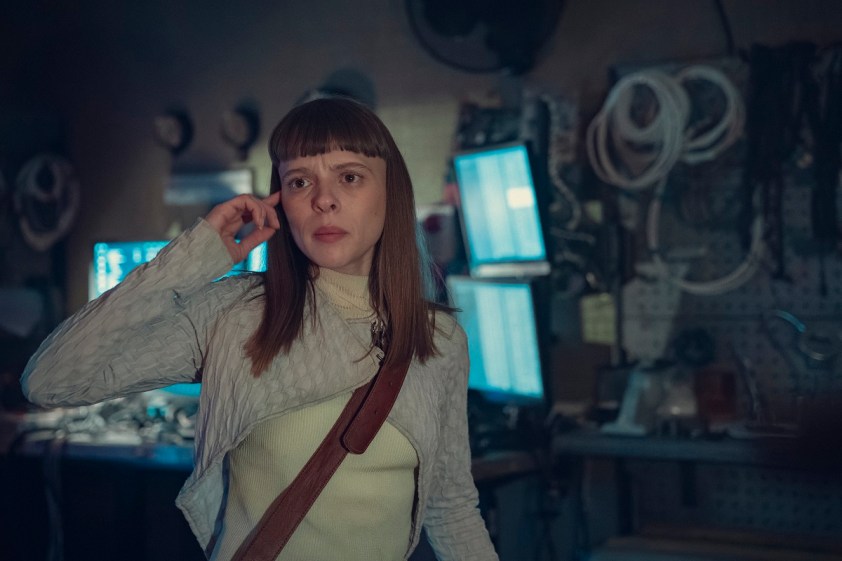Why Netflix’s ‘Bodies’ Failed to Produce a Genuinely Effective Dystopian Story

I’m a sucker for stories involving dystopias or time travel, so Netflix’s Bodies should’ve been a slam-dunk. Instead, I was disappointed, but couldn’t put my finger on why until I realized the show was missing a crucial element, one important for any story depicting a dystopia.
**Spoilers for Bodies below! This is your warning.**
What’s the deal with Bodies?

In case it flew under your radar at the end of last year, Bodies is a British, eight-episode limited series that tells the story of four London detectives in four different periods. The twist is that they all find the same dead body in the same alley, each in their own time, only to have their paths converge, thanks to the actions of one teenager in 2023.
- Alfred Hillinghead (Kyle Soller) is a white detective in 1890 whose investigation leads him to discover, among other things, that he is a queer man.
- Charlie Whiteman (Jacob Fortune-Lloyd), aka Karl Weissman, is a Jewish detective in 1941 who’s involved in covert, shady operations assigned to him by a mysterious organization.
- Shahara Hasan (Amaka Okafor) is a Black, Muslim, queer woman in 2023, whose investigation into the body leads to her having a more central role in the case than she’s comfortable with.
- Iris Maplewood (Shira Haas) is a white disabled woman in 2053 whose investigation ends up being the catalyst for the trouble in the past.
The body found across time periods is connected to the actions of one person: Elias Mannix (Stephen Graham), a charismatic political leader who, after a country-redefining terrorist explosion in London, leads the U.K. to a new type of government that, in theory, is centered around love. In fact, “Know you are loved” becomes the national slogan, and the phrase is a motif used throughout the series.
Sounds great, right? A society based in love? Sign me up! So, how did that loving society come to be? And what was the alternative? This is where the show’s major problem comes into play.
What puts the “dys” in dystopia?

As Bodies progresses, we spend more and more time with Detective Constable Iris Maplewood in 2053, experiencing life in the dystopia created by President Mannix’s actions. And what does that world look like?
Save for the weird, asymmetrical fashions, the haircuts, and the somewhat improved tech, it’s not entirely unlike the world we already live in right now. Is there slightly more surveillance? Sure. Is there inequality between social classes? Yup. But that same surveillance and inequality exist now, too.
As for all the “love” that this new society promises, other than the lip service and slogans, there isn’t much evidence of it. The surveillance we see in the show isn’t intrusive enough to seem like an “expression of love” in the form of “looking out” for everyone to keep them safe, nor is it intrusive enough to seem any more terrible than what we experience ourselves.
I mean, we already have Nest cameras on our front doors, Alexas in our homes, and our private information and internet behavior accessible to both private companies and our government. The London we see in Bodies doesn’t seem threatening or aspirational. It just seems like more of the same.
Granted, 2053 is only 30 years in the future. Perhaps “not much changing” is part of the point. But if we’re being asked to believe that someone wanted to build a particular society so badly that they’d take part in a terrorist act involving millions of deaths and travel through time to ensure it happens, the tenets and components of that society should be clear.
Meanwhile, each of the four detectives is a member of one marginalized group or another. A queer man, a Jewish man, a Black, Muslim, queer woman, and a disabled woman. Each of them deals with the difficulties associated with these identities in one way or another. However, those difficulties and those identities aren’t effectively tied into what seems to be the main theme of the series: wanting and deserving love. While the word “love” is used a lot, Bodies doesn’t really have anything definitive to say about how that love should or shouldn’t be conveyed, either by society or by individuals.
We’re asked to root for these characters as they try to stop Mannix and the bombing, but we’re not really given a reason to care that extends farther than each character’s individual goals and feelings. The best dystopian stories, however, ask us to think bigger. They are valuable as cautionary tales and as a window into our current world.
As compelling as the performances and plot in Bodies are, what’s missing is the commentary. Why are we focusing on preventing this bombing in this time period? What reality are these characters trying to prevent? What’s so terrible about it? How does it differ so much from what we’re experiencing already that police officers across four time periods would become so invested in making sure it doesn’t happen?
Bodies doesn’t really answer these questions, which makes the whole thing, for all its virtues, fall flat.
(featured image: Matt Towers/Netflix)
Have a tip we should know? [email protected]